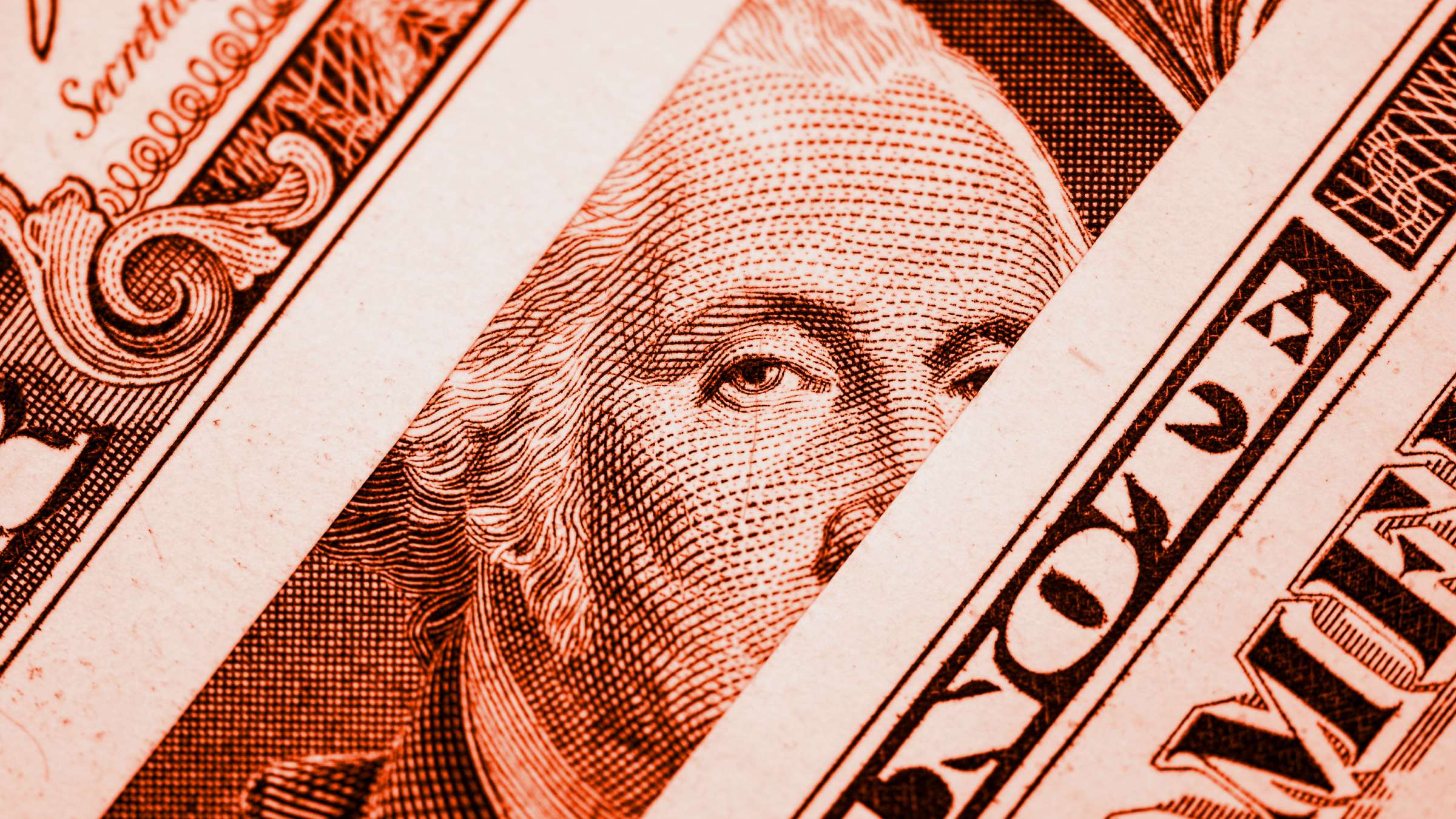
There is a myth in circulation that economics has vindicated free trade as the best policy across the board, and that anyone who doesn’t believe this “doesn’t understand economics.”
[Reposted from The Hill | Ian Fletcher | June 4, 2015]
But America’s free-trade agreements, like the mooted Trans-Pacific Partnership, don’t entail free trade at all. They entail free trade on America’s part combined with mercantilism on the part of China, Japan, Germany, and other nations running trade surpluses against us.
Furthermore, economics doesn’t actually vindicate real-world free trade. It only vindicates a blackboard construct whose differences from reality are legion.
This fact is actually well known to mainstream economists, but they generally keep quiet about it in public because they fear provoking crude, misguided, populist forms of protectionism.
It’s time to lift the veil on this dirty little secret.
The core of economics’ theory of free trade is something called the theory of comparative advantage. This is publicly promoted as demonstrating that all voluntary international exchanges are advantageous to all trading partners.
But in fact, it only shows this if a long list of assumptions are true—which in the present-day world, frankly, are false.
For example, the theory assumes that trade will be broadly balanced over time. (It assumes, among other things, a world without massive currency manipulation, which “tilts the playing field” and creates imbalances.)
But a nation that runs a chronic trade deficit is living beyond its means, enjoying higher consumption today at the price of selling off its assets and going into debt to foreign nations. And America has been running trade deficits around half-a-trillion (with a “t”) dollars a year for 15 years now. This is real wealth we no longer own.
The theory also assumes that what economists call “externalities” don’t exist.
The classic negative externality is environmental damage, which reduces the value of natural resources without raising the price of the product that harmed them.
The classic positive externality is technological spillover. If industries that spawn new technologies, fertilize improvements in other industries, and drive economy-wide technological advance are lost to foreign mercantilism, this means losing all the jobs and growth that would have flowed from them.
The theory also assumes that labor and capital used to produce one product can readily switch to producing another. Because if they can’t, imports won’t push our economy into newer industries, but kill off our existing industries and leave nothing in their place. (News flash: Detroit hasn’t transitioned to building helicopters.)
The theory also assumes trade has no effect on income inequality. This is not a trivial problem: Dani Rodrik of Harvard has estimated that freeing up trade reshuffles five dollars of income between different groups of people domestically for every one dollar of (dubious anyway) net gain it brings to the economy as a whole.
The theory also assumes capital is not internationally mobile. Capital mobility replaces comparative advantage, which applies when capital is forced to choose between alternative uses within a single economy, with absolute advantage, a totally different construct. And absolute advantage is an arena of winners and losers that self-confessedly contains no guarantees, even in theory, about the results being good for both trading partners.
The theory also assumes that short-term efficiency causes long-term growth. It is exclusively a theory about how a nation should use the productivity it has, and says nothing at all about how to get more productivity. But that’s where long-term growth comes from.
The theory also assumes trade does not cause productivity growth abroad. But when we trade with a foreign nation, this builds up that nation’s industries and makes it a more formidable competitor. Remember when we were told in 1990 that China was only going to rival us in cheap plastic knick-knacks?
Finally, the theory assumes all industries are of equal value, and therefore that gaining or losing a particular industry is of no consequence. But in the real world, a nation is better off hosting a large aircraft industry than a large t-shirt industry. Certain—generally high-tech, capital-intensive— industries are global oligopolies that can pay exceptional wages to labor and returns to capital. Others entail head-to-head competition with cheap labor all over the world.
In practice, all these facts have been understood for centuries, which is why the U.S. did not practice free trade for most of its history, and the rising economic powers of today, like China, do not practice it now. There is no justification for approving the Trans-Pacific Partnership and moving even further in the direction of a discredited policy.













